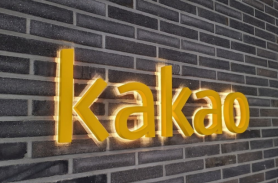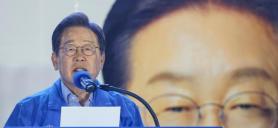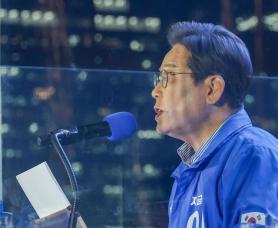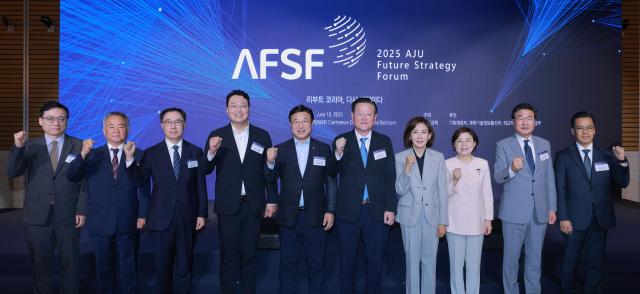
The Aju Future Strategy Forum, hosted by Aju News Corporation and held at the FKI Tower in Yeouido, convened government officials, lawmakers, and economic experts to assess the challenges confronting the nation’s economy amid an evolving industrial landscape.
The event's theme — “Reboot Korea” — underscored calls for structural transformation and digital modernization.
In a congratulatory message, President Lee Jae-myung called for the urgency, stressing the need to build “new growth engines” while pursuing a vision of “fair growth” that equitably distributes both opportunities and results.
Yun Ho-jung, a lawmaker from the ruling Democratic Party, said in an address, “The world is changing — and so must we."
"When I heard the theme ‘Reboot Korea,’ I imagined restarting a computer. But the situation requires more than that. We need to insert ‘growth chips’ — that is, fresh ideas and initiatives from government, corporations, and citizens alike," he added.
The forum drew a broad range of political and business figures, including former Trade, Industry and Energy Minister Moon Sung-wook, People Power Party lawmaker Na Kyung-won and Reform Party acting leader Chun Ha-ram.
Moon, delivering a keynote titled “Renovation K-Economy,” painted a sobering picture of Korea’s economic trajectory. “Even if global trade conditions improve in our favor, it will be difficult to raise growth beyond 1 percent,” he said, calling for accelerated investment in what he described as “killer technologies” and the cultivation of “core talent” to preserve economic security and long-term competitiveness.
Quoting from the film Interstellar, Moon added, “We will find a way. We always have.”
The forum also featured strategic proposals from Song Jae-ho, chairman of the advisory committee to the National Assembly Speaker, and Kim Sei-wan, president of the Korea Capital Market Institute. Song advocated for the development of “mega city regions” through integrated regional governance, calling for a national “economic remapping” to stimulate balanced growth across provinces.
Kim emphasized the urgent need for financial infrastructure reform as the digital economy expands, pointing to the emergence of security tokens as a key area for legislative support. “Without adaptive regulation, financial markets risk falling behind,” he warned.
In a panel discussion, panelists tackled a range of challenges hindering South Korea’s AI sector, including rigid and outdated regulatory frameworks, underdeveloped data ecosystems, and inadequate infrastructure support for private companies.
Speakers called for a stronger public-private partnership to build the digital foundation necessary for long-term innovation.
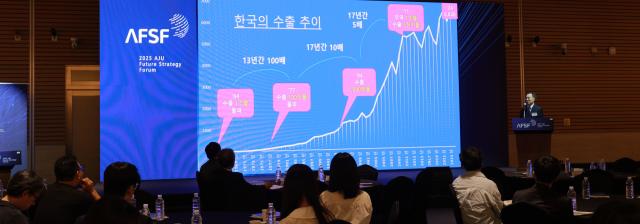
Copyright ⓒ Aju Press All rights reserved.


